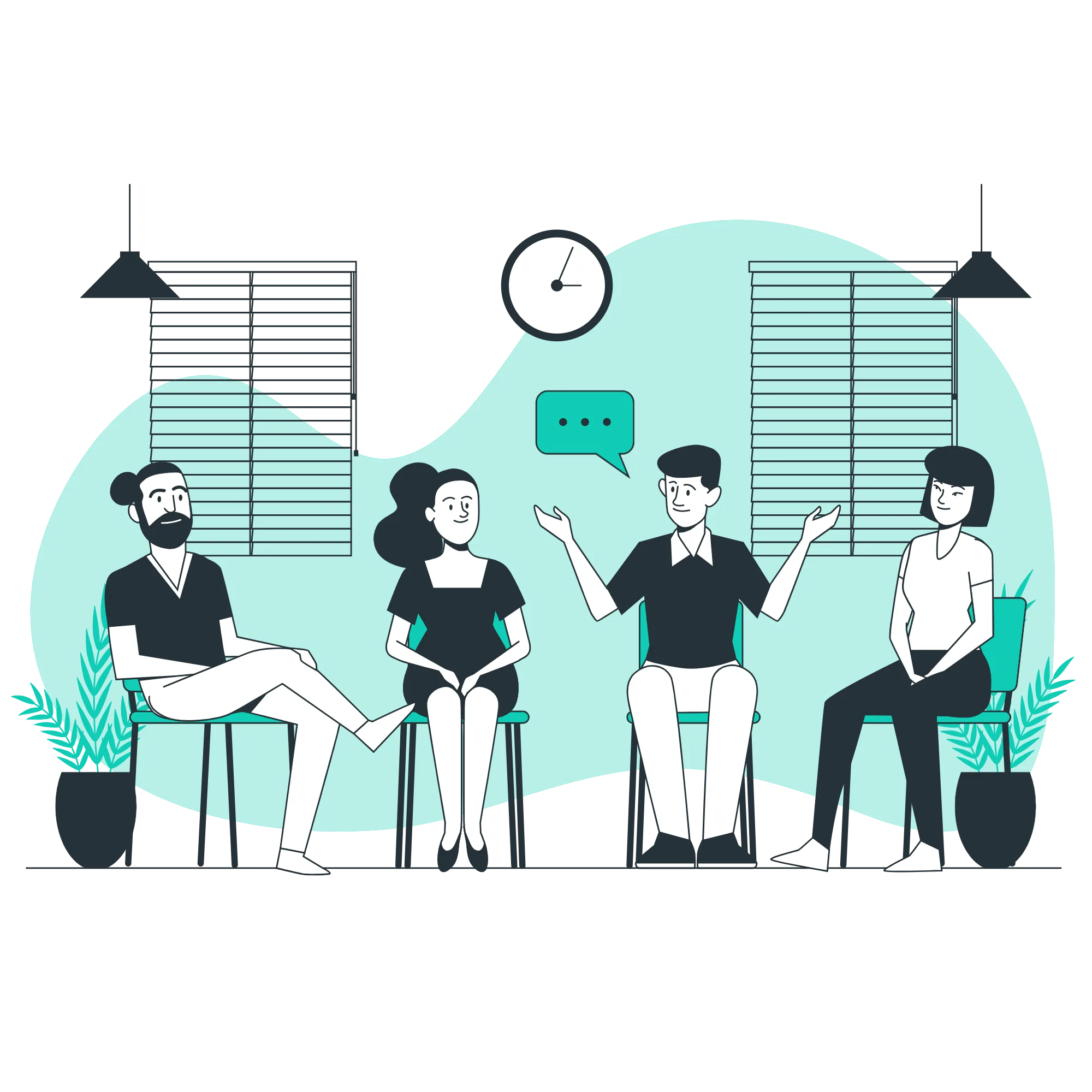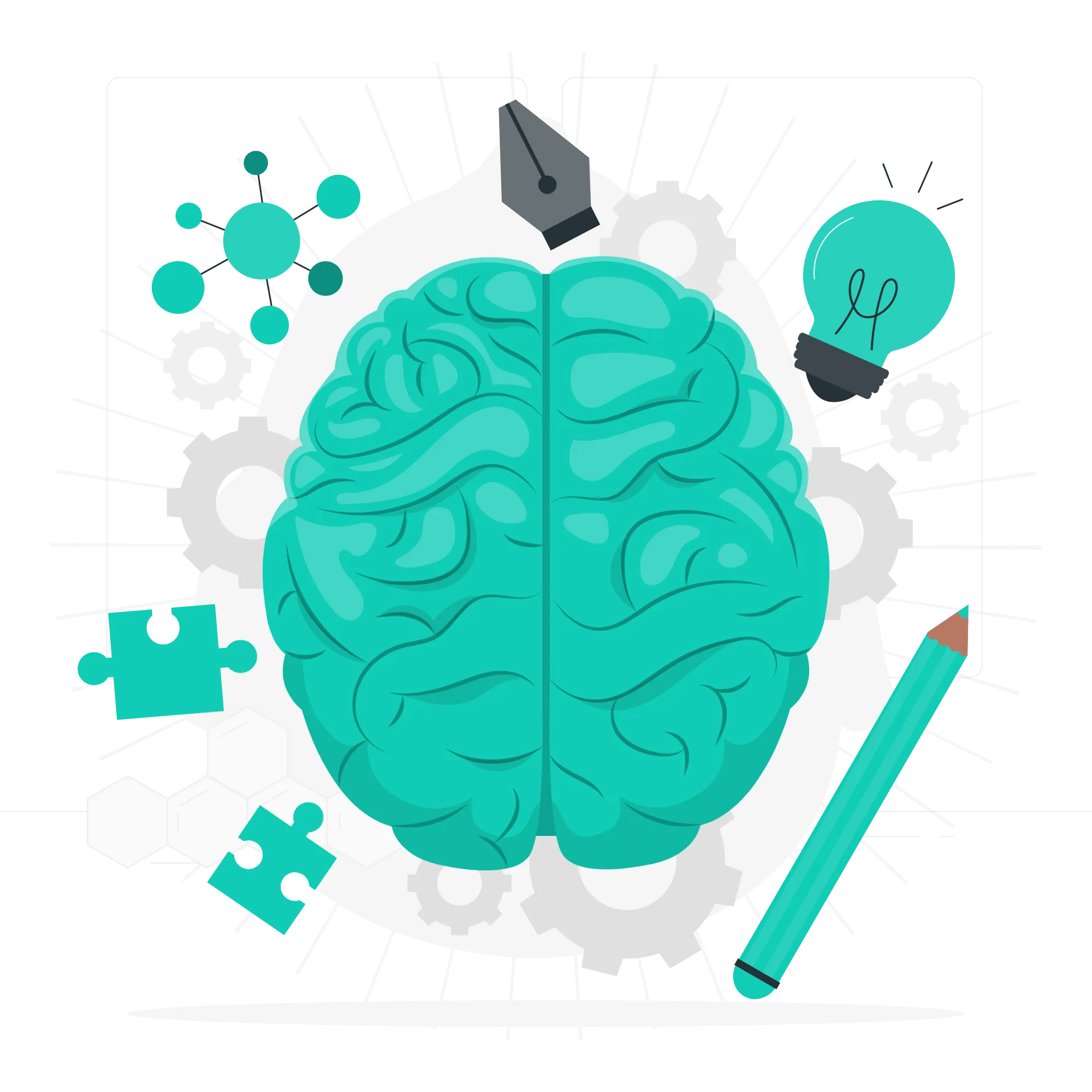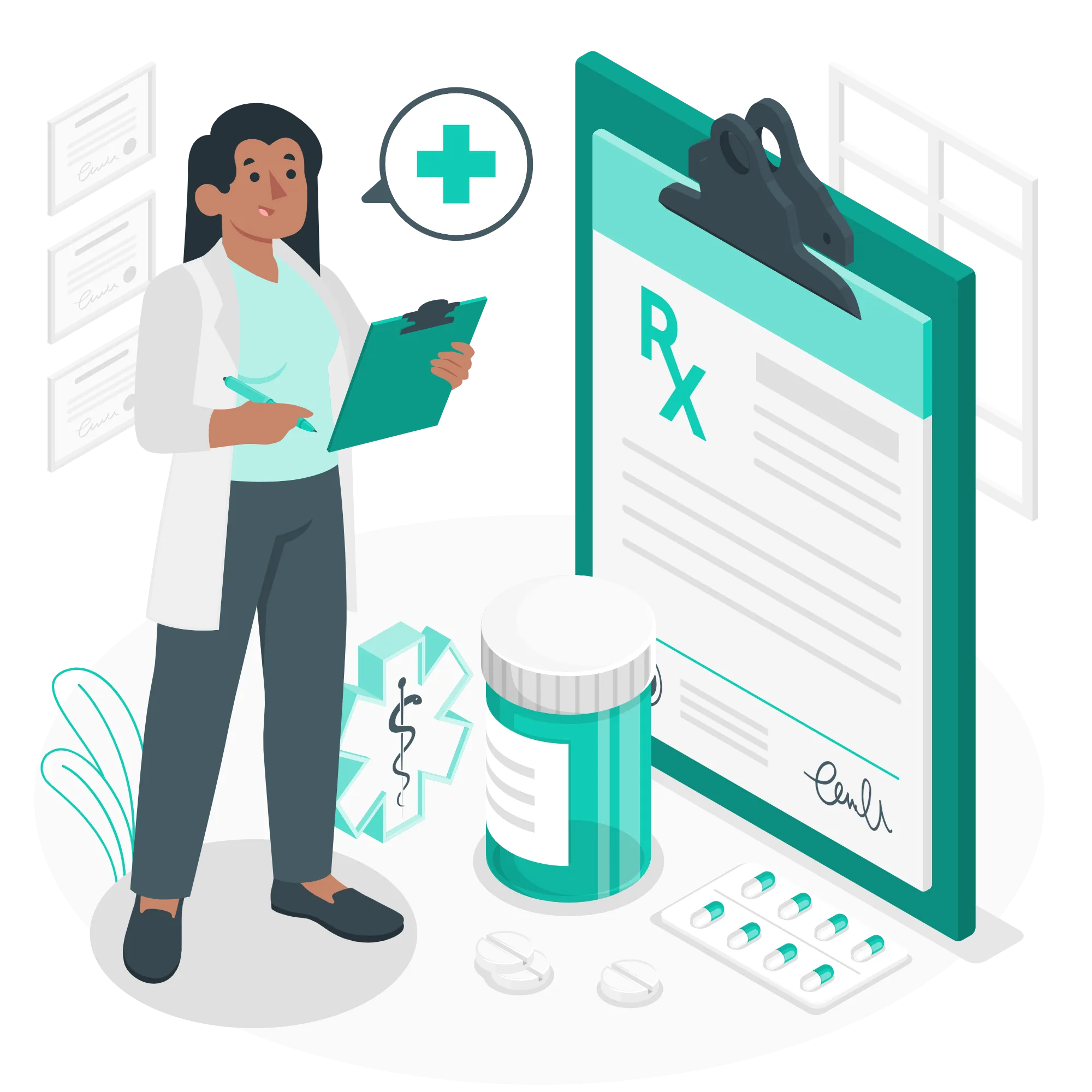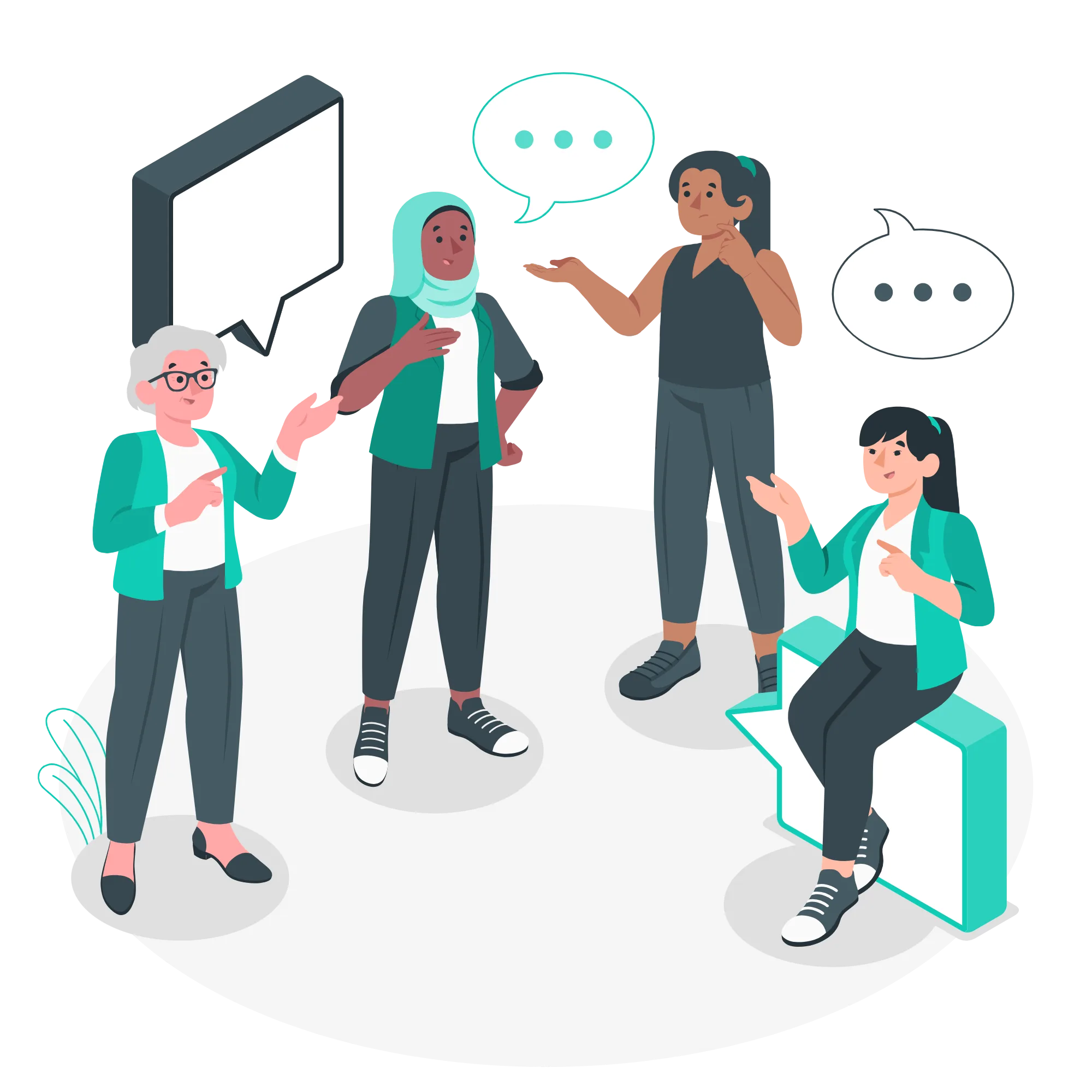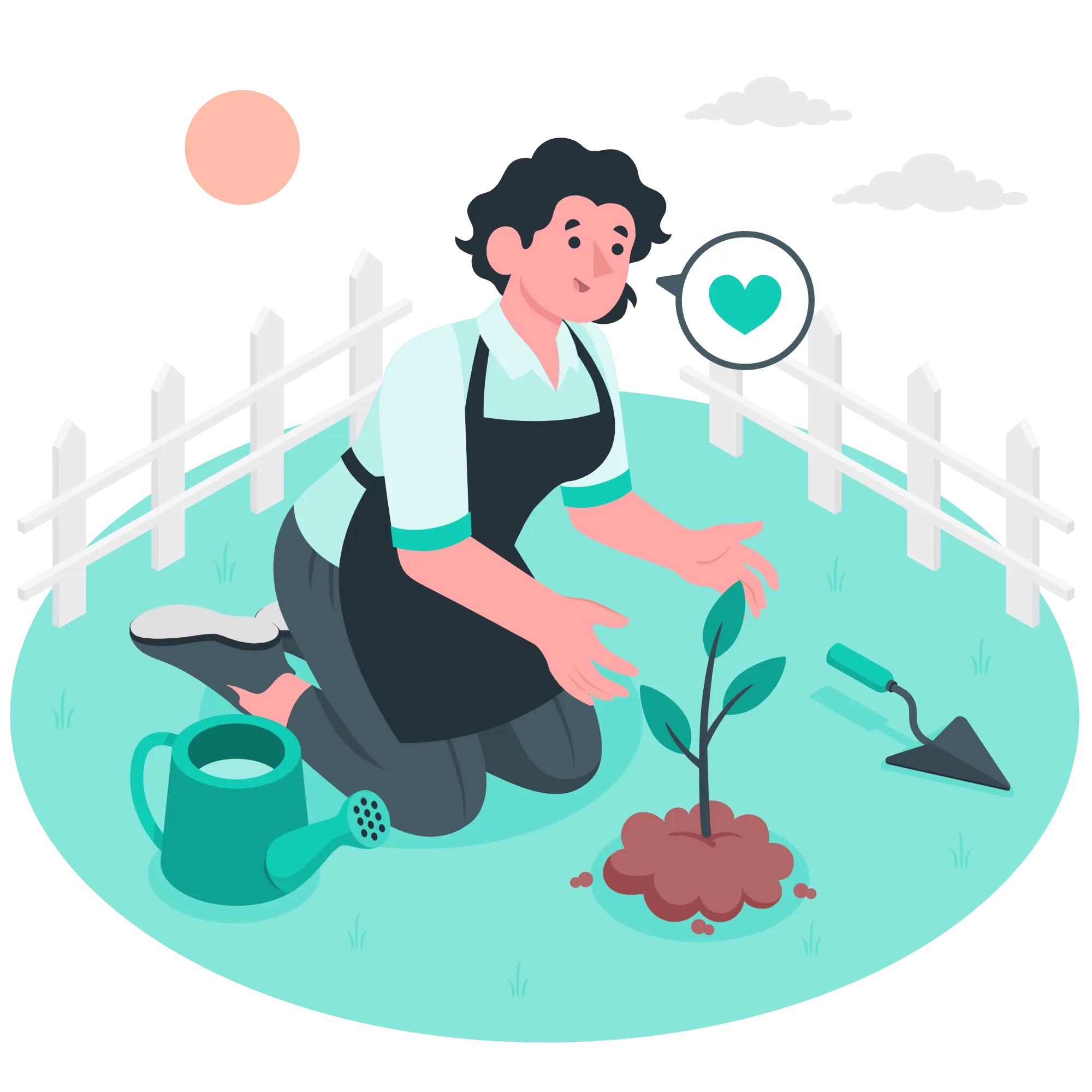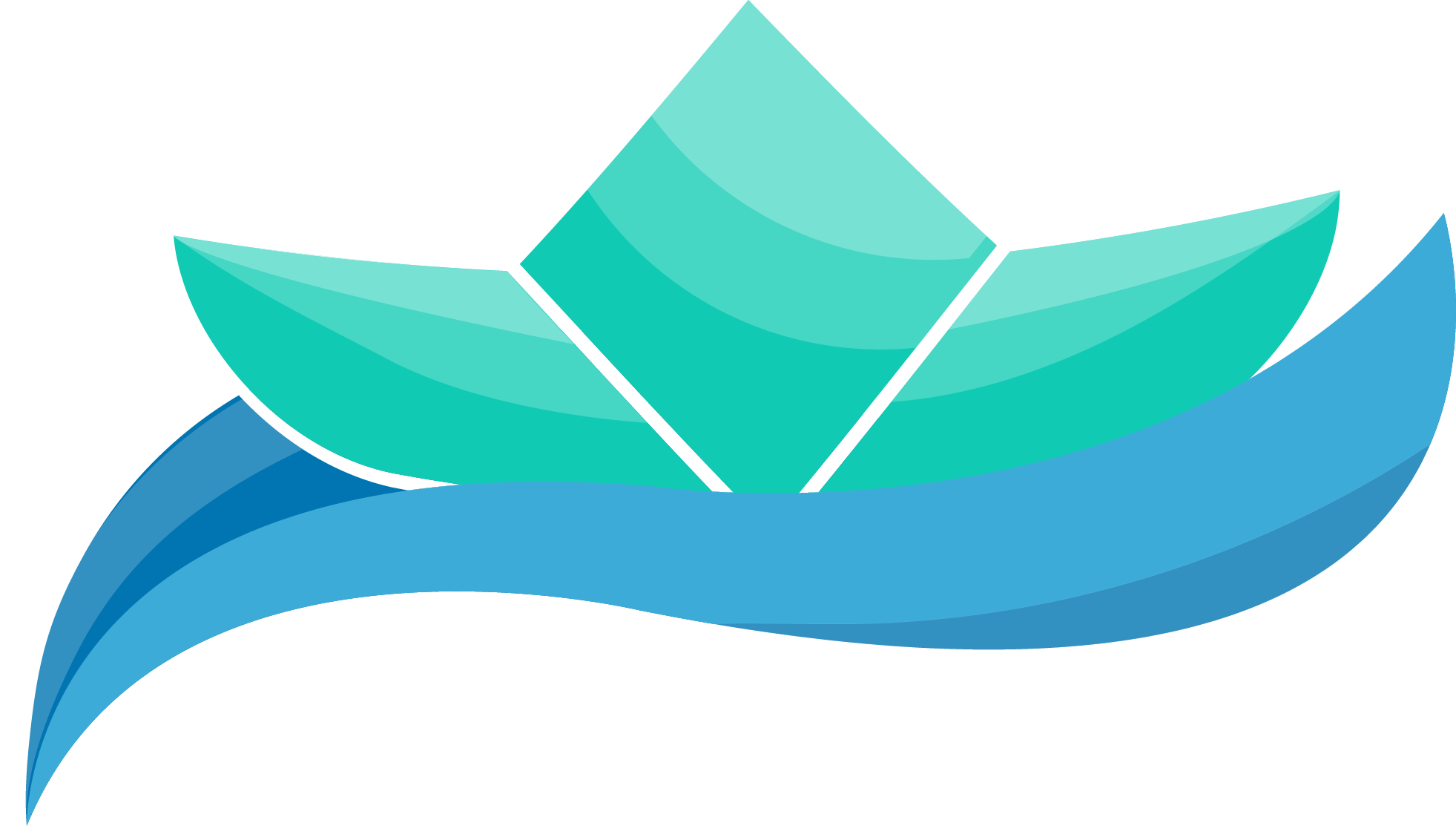Family-to-Family
Equip Yourself For The Journey Ahead
Is someone you love struggling with a serious mental illness? Family-to-Family is a free program to help you develop coping and problem-solving abilities to thrive in the midst of mental illness. Taught by trained facilitators who have real-life experience, the course includes presentations, extensive discussion, and interactive exercises to foster skills to help you understand, survive, and plan a future for yourself and your loved one.
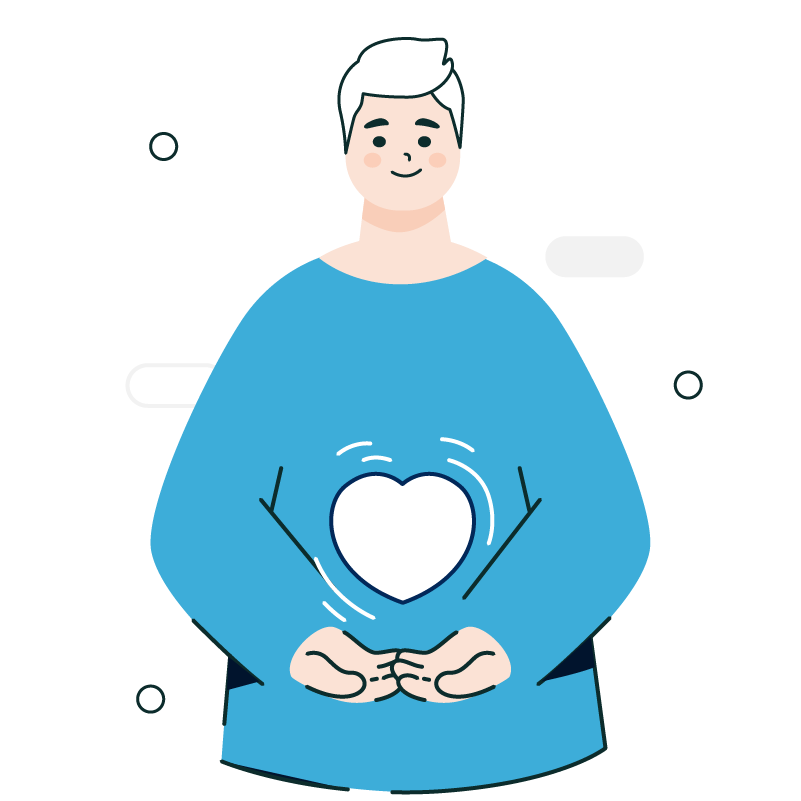
Our Next In-Person & Online Classes
March 2025
Need Help Right Now?
Join a Support Group
You Need Skills
Family-to-Family will teach you how to manage crisis, solve problems while communicating effectively. To care for others, you need to take care of yourself and manage your own stress. You will develop the confidence and stamina to support with compassion. Through this course, you will discover how mental illness affects the entire family, and help realize a better future for everyone.
Find Local Support and Services
Family-to-Family is specifically adapted to your local community. Throughout the course, you’ll learn about the local support organizations and services available to you. Through discussion and conversation, you will learn how to utilize them effectively and advocate for your loved one.
Learning the Language
Entering into the mental health world can be overwhelming. Foreign terminology and lingo is commonplace, before you even begin to try to decipher the medications. Family-to-Family will give you the tools to understand mental health conditions, treatments, medications & side-effects, and evidence-based therapies.
Individuals Equipped
Courses Offered
What Will You Learn?
Contact
Do you have more questions?
We’re here to connect, resource, equip, and support you. We would love to hear more about your story and how we can come alongside you to help you through this season of life.

